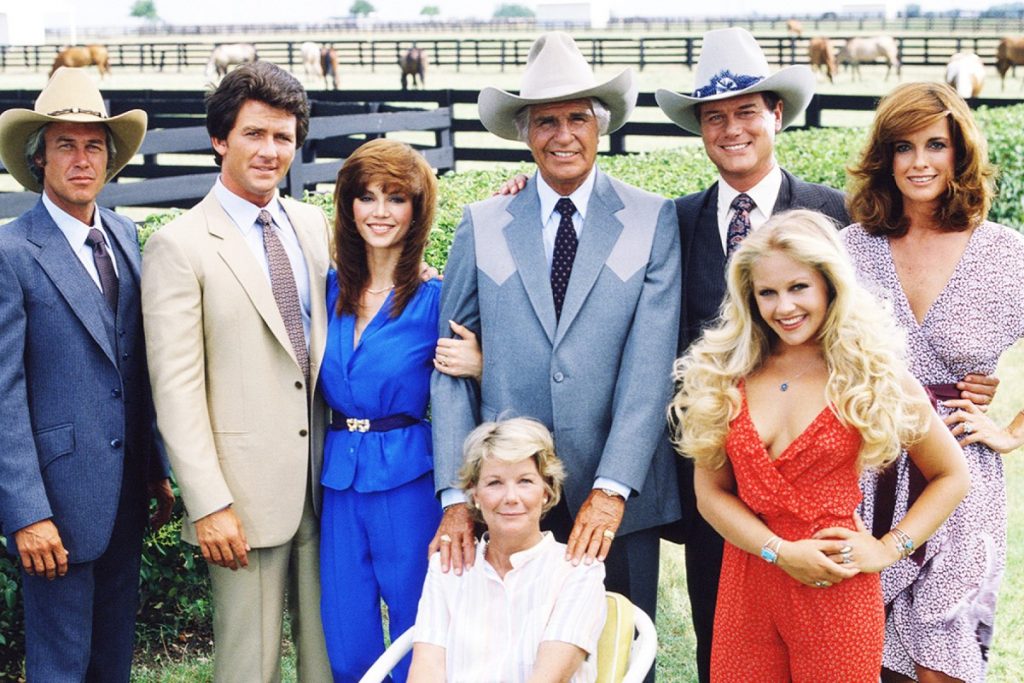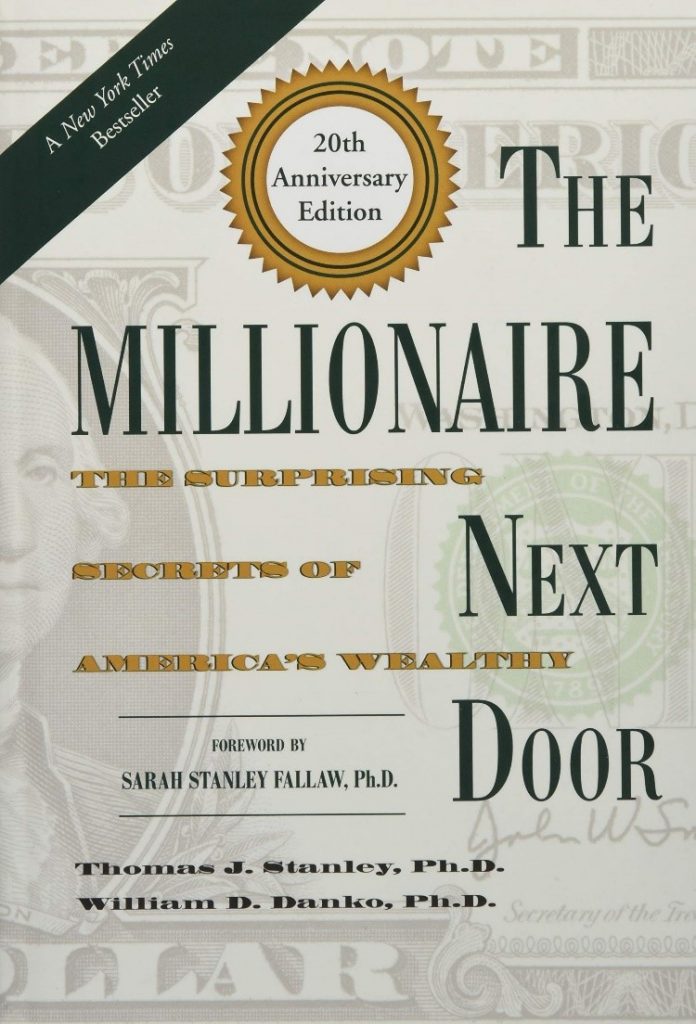Growing up in the 1980s, I can remember my parents’ generation being absolutely gripped by a single TV show: Dallas.
It was more than just a soap opera. It was a phenomenon. A water-cooler series that everyone just had to watch and discuss the day after.
At its peak, over 350 million people tuned in on November 21 1980 to uncover the answer to a burning question: ‘Who shot J.R.?’
J.R. was, of course, J.R. Ewing. Just one of a cast of colourful, larger-than-life characters who struggled with love, greed, and betrayal amidst the oil fields of Texas.

Source: Rolling Stone
Dallas was a morality play, sure, but it was also aspirational and glamourous.
It provided a template for American capitalism that was incredibly compelling.
From Kuala Lumpur to Cape Town to Sydney, practically no corner of the globe was left untouched by the show’s influence. People watched it religiously. People patterned their lifestyles after it.
In fact, I dare say that America’s most potent Cold War weapon wasn’t its nuclear arsenal or even Ronald Reagan. It was actually Dallas. This cultural export was soft power wielded by Tinseltown, which was arguably more effective than hard power wielded by Washington.
Former Soviet leader Mikhail Gorbachev seemed to admit as much. He recently claimed that the fall of the Berlin Wall happened because of Dallas.
And why not? Soviet citizens suffering from deprivation watched bootleg episodes smuggled into their countries — and it planted a seed of restlessness that eventually blossomed into revolution.
The myth of the millionaire
Dallas ended its run in May 1991.
Later that year, the Soviet Union disintegrated entirely.
It was poetic. A fitting television legacy.
30 years on, what still endures is the myth of the millionaire, as personified by J.R. Ewing and his fictional Dallas clan. It has such a tight grip on our popular imagination that we instinctively know what it looks like.
Here are the prevailing images, delivered in broad strokes:
- A millionaire is someone who takes huge risks to achieve monumental success.
- A millionaire is someone who lives large, displaying status symbols like big mansions, flashy clothes, and luxury cars.
- A millionaire is someone who sits on the top pyramid of society, possessing both charisma and killer instinct that’s beyond the reach of most mortals.
We tend to take these stereotypes for granted.
But are they real? Do actual millionaires really tick all these boxes? Or is there more to the mythology than we’ve been told?
The real millionaire lifestyle

Source: Amazon
In recent years, there’s been a great deal of research been done on wealth — as well as the people who accumulate wealth.
One of the best books on the subject is The Millionaire Next Door: The Surprising Secrets of America’s Wealthy, published by Thomas J. Stanley and William D. Danko.
Together, the authors set out to find and profile a wide segment of American millionaires.
What they uncovered was both surprising and enlightening:
- Most millionaires actually live in middle-class and blue-collar neighbourhoods.
- They reject overt status symbols of luxury.
- They have a habit of spending less than they earn.
- They don’t take excessive risk. They save and invest steadily for years, focusing on building long-term wealth.
In other words, most millionaires are modest, practical, and unassuming. For them, attaining financial independence is far more important than keeping up with the Joneses.
These millionaires are, in fact, quiet achievers. They don’t dash or sprint. They pace themselves and jog. They understand that life is a marathon — and their best chance of building lasting wealth is by being consistent.
They don’t boast. They don’t show off. They just diligently run the race, on their own terms.
Our investment philosophy
As part of my job, I come into contact with these quiet heroes every day.
They are secret millionaires who are modest, practical, unassuming.
They help out in their community daily. They engage in a great deal of philanthropy. They make a real difference in the world.
Chances are, you will never see them appear in the celebrity gossip columns. But then again, these people are so low-profile, they would have it no other way!
We help these Eligible and Wholesale clients as part of our Vistafolio Wealth Management strategy.
Our long-term goal? To preserve their capital, grow it carefully, and earn good passive income along the way.
We do this by finding the best global opportunities in sectors like property, infrastructure, energy, banking, and so much more.
Since our composite portfolio’s inception in mid-2014, we have clocked up over 120% in returns.
We’ve achieved this by pursuing a lower-risk strategy — investing in companies that improve the world and are poised for growth because of market timing and economic trends.
We’re mindful that this is a marathon, and we’re in it for the long haul.
Rome, as they said, wasn’t built in a day.
The same goes with creating and sustaining generational wealth.
Regards,
John Ling
Analyst, Wealth Morning





John is the Chief Investment Officer at Wealth Morning. His responsibilities include trading, client service, and compliance. He is an experienced investor and portfolio manager, trading both on his own account and assisting with high net-worth clients. In addition to contributing financial and geopolitical articles to this site, John is a bestselling author in his own right. His international thrillers have appeared on the USA Today and Amazon bestseller lists.